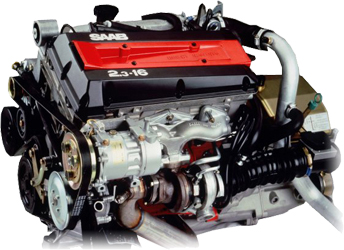P2977 Engine Code Repair
Meaning of P2977 engine trouble code is a kind of powertrain trouble code and P2977 if your catalytic convertor fails completely, you eventually won't be able to keep the car running. Your gas mileage will also be terrible, so you should try and fix it as soon as you can. Unfortunately, the average replacement cost is around $2,140 and you can't do it yourself unless you're an experienced mechanic.
P2977 Fault Symptoms :
- Check engine light comes on
- Engine stalling or misfiring
- Engine performance issues
- Car not starting
If one of these reasons for P2977 code is occuring now you should check P2977 repair processes.
Now don't ask yourself; What should you do with P2977 code ?
The solution is here :
P2977 Possible Solution:

Air Conditioning Pressure Sensor (ACP) Insufficient Pressure Change Each time the A/C clutch engages, the PCM is looking for a pressure change in the refrigerant. If the change in pressure is outside of the calibration the DTC will set. A/C system mechanical failure Open ACP or VREF circuit A/C sensor damaged A/C system electrical failure A/C clutch always engaged Verify A/C system function, including refrigerant charge.
P2977 Code Meaning :
P
OBD-II Diagnostic Powertrain (P) Trouble Code For Engine
2
Fuel And Air Metering (Injector Circuit Malfunctions Only)
9
Engine Oil Temperature Sensor Malfunction
7
Cylinder 4 Contribution/Balance Fault
7
Ignition Coil A Primary/Secondary Circuit Malfunction
Is the fuel pump sometimes not priming when you turn the key to ON(II)? Start by measuring the fuel pressure and checking whether you have bright white-bluish spark at all four plugs. The mechanical timing is also something that you should check, as we mentioned above.
P2977 OBD-II Diagnostic Powertrain (P) Trouble Code DescriptionP2977 engine trouble code is about Ignition Coil A Primary/Secondary Circuit Malfunction.Main reason For P2977 CodeThe reason of P2977 OBD-II Engine Trouble Code is Engine Oil Temperature Sensor Malfunction. |
P2977 DTC reports a sensor fault, replacement of the sensor is unlikely to resolve the underlying problem. The fault is most likely to be caused by the systems that the sensor is monitoring, but might even be caused by the wiring to the sensor itself.
